Systems Change
Making Change Happen
How Does Change Happen?
Successful systems changes begins with a clear vision for how youth with intellectual and developmental disabilities will the supports and services they need to achieve competitive, integrated employment and/or enter into post-secondary education programs.
Why is a Comprehensive Approach to Change Important?
Each PIE state clearly has unique goals and objectives that relate to their respective needs and demands. However, creating an overall framework for change is important to assure on-going leadership commitment, organizational restructuring, and opportunities to develop needed competencies through training and mentoring.
What are the Keys to Successful Change?
Successful systems change engages stakeholders at multiple levels in a broad range of activities. The YES! Center focuses on helping states develop implementation strategies that are multifaceted and tailored to their respective focuses and needs. The YES! Center’s technical assistance focuses on five key areas of successful change management:
1) Convert Strategy to Operational Outcomes
Converting strategy to operational outcomes requires a fluid, implementation plan that defines initiatives along with measurable deliverables and identifies who has ownership for producing outcomes.
The YES! Center’s framework for Operational Outcomes includes access to:
- Increasing Employment Outcomes to Funding Mechanisms
- Decision making using effective data systems
- Establishing Statutory and Regulatory Mandates for Change
2) Align Stakeholder Involvement to the Plan
Implementation plans must have clearly defined roles for all stakeholders along with outlets for sharing and learning from each other’s successes. The YES! Center’s Consortia and Communities of Practice offer synergetic opportunities to share emerging evidenced based practices along with ongoing strategies for promoting change.
The YES! Center’s Employment Seekers and Supporters framework for Aligning Stakeholder Involvement includes:
- Providing Person Centered Planning Solutions
- Aligning School to Work Transition Plans to Future Marketplace Needs
- Delivering Quality Integrated Employment Services
- Taking Action Based on Stakeholder and Communities of Practice Input
3) Mobilize Change Through Accountability and Leadership
Focused and committed leadership is essential to systems change. Creating transparent processes for engaging stakeholders at all levels of the system is an important component of creating and maintaining long-term change.
The YES! Center’s Learning and Innovation framework for Mobilizing Change includes access to:
- State Leadership Consortia
- Communities of Practice
- Subject Matter Experts and Trainers
- Peer Mentors and Coaches
4) Implementation is a Continual Process
Systems change efforts happen in multiple stages. Following initial implementation activities, plans and strategies are updated and modified to address emerging needs and interests. Effective data management and reporting are key to ongoing informed decision making.
The YES! Center’s Internal and Interagency Framework for Continual Implementation includes strategies for:
- Aligning Policy to Ensure Collaboration
- Creating Multi-level Implementation Teams
- Establishing Strategic Partnerships
- Developing Operations Strategies for Improved Resource Allocation
5) Make Implementation Everyone's Everyday Job
Ownership of the systems change objectives, processes and activities is everyone’s business. This involves engaging stakeholders through change awareness activities, sharing departmental and Consortia plans, along with personal implementation plans.
The YES! Center’s Learning and Framework for Making Implementation Everyone’s Job includes strategies for:
- Providing On-going Peer Mentoring and Coaching
- Facilitative Administration
- Assessing Performance and Maintaining Accountability

